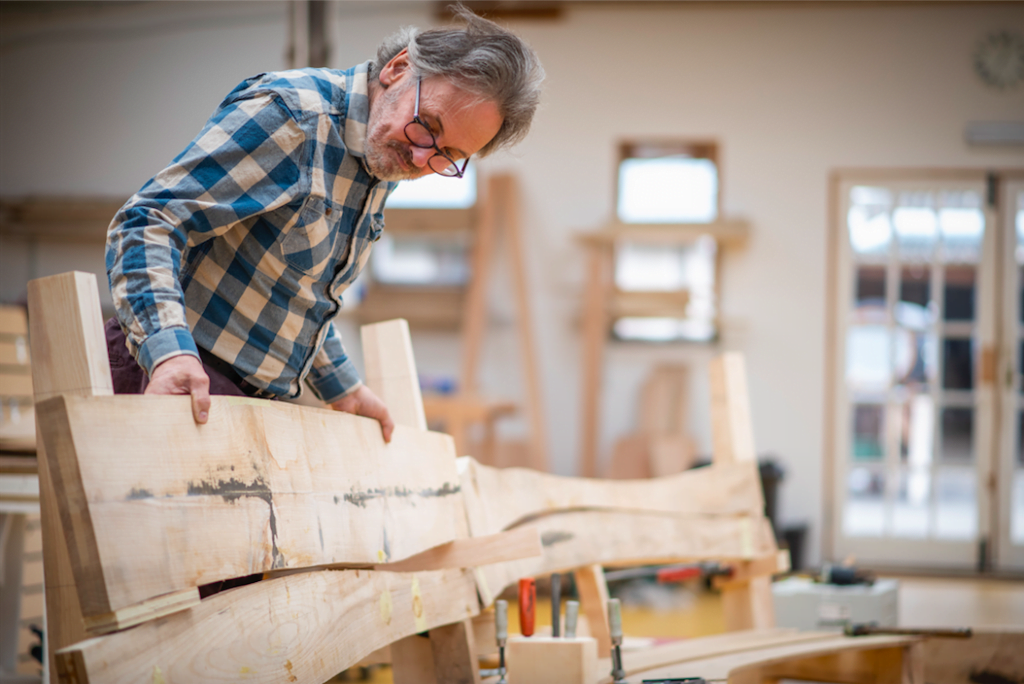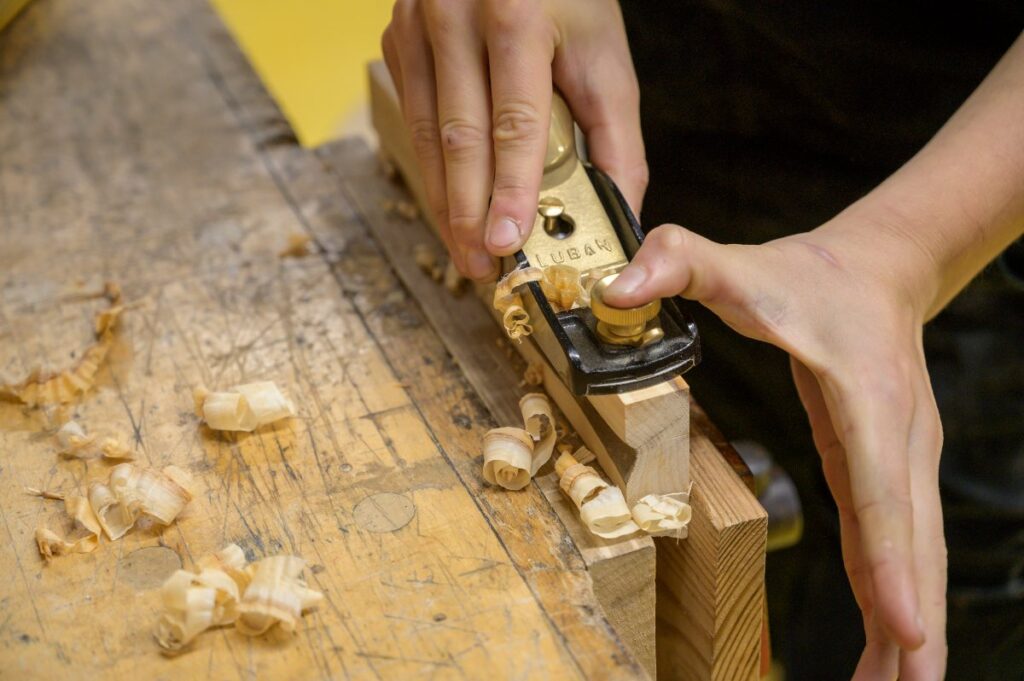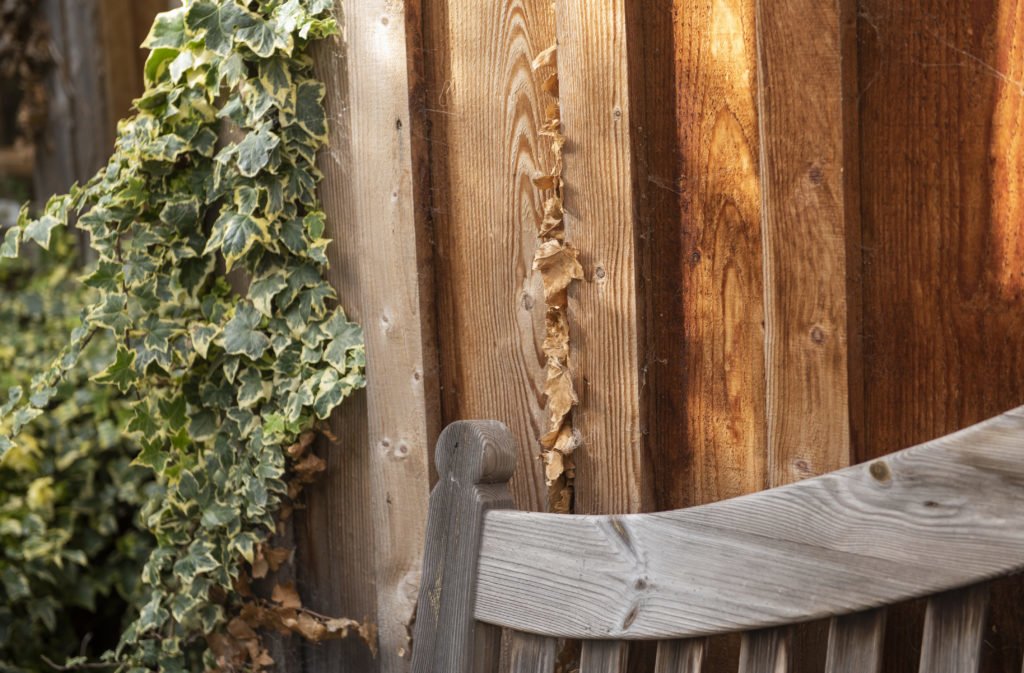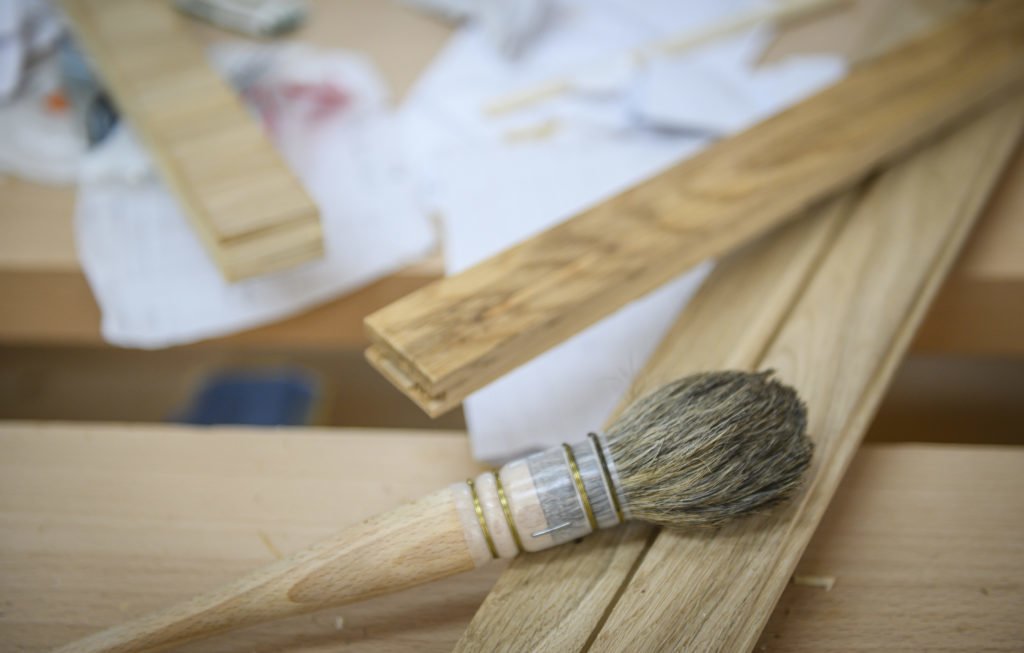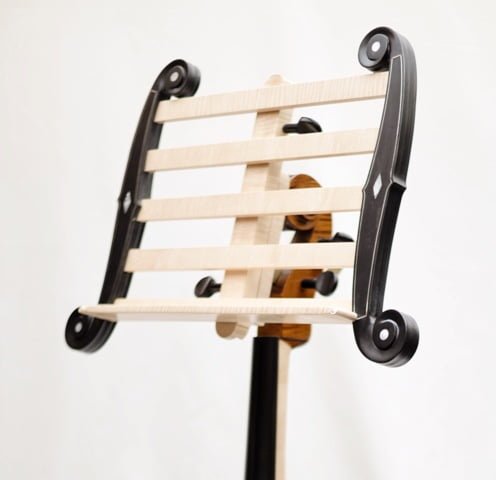How to Design a Piece of Furniture
Whether you’re a seasoned furniture maker or just starting, this guide will walk you through some of the essential steps to bringing your furniture ideas to life. From gathering inspiration to crafting the final piece, in this blog Chippendale School Principal Tom Fraser explores the elements of furniture design.

